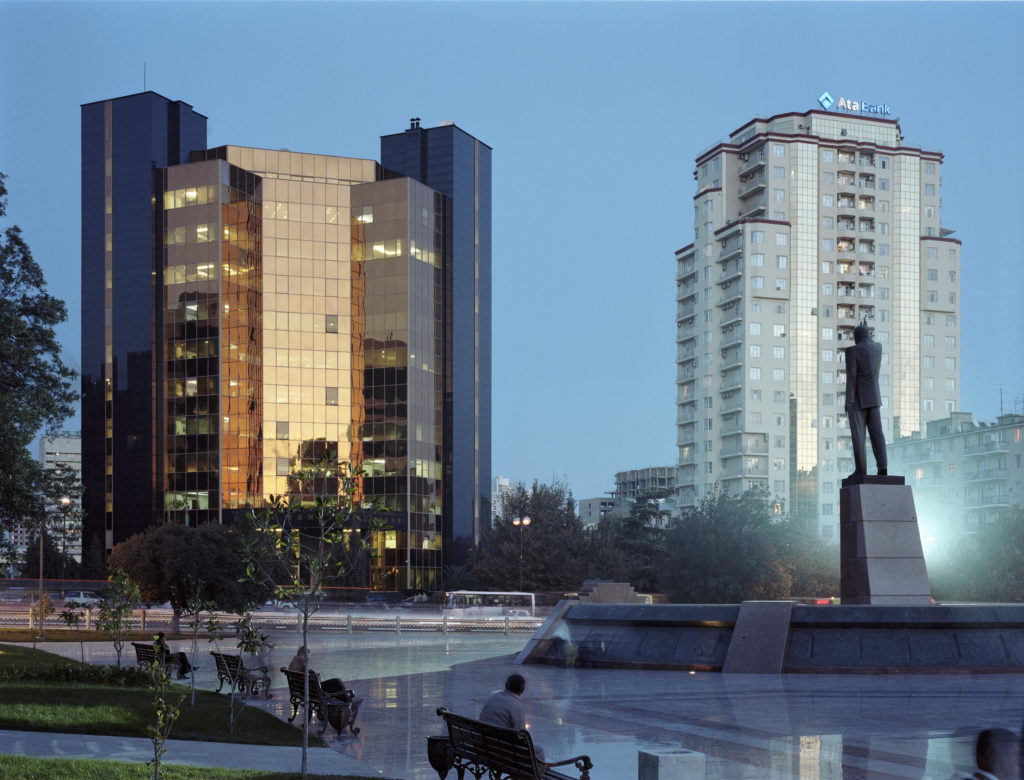BAKU
Azerbaijan’s Central Bank kept its key refinancing rate unchanged at 6.25 percent as annual inflation remained within forecasts.
The bank kept the upper level of the rate corridor at 6.75% percent and the lower level at 5.75 percent.
The central bank has kept the rate unchanged since December 2020, when it cut it 25 basis points from 6.50 percent.
“Despite the growth of inflation, it still remains in the projected corridor. At the same time, we keep the inflation forecast for 2021 at 4 percent plus/minus 2 percent,” the Central Bank said in a statement.
The bank said that future decisions on the rate would be made based on “the change in the balance of risks, updated macroeconomic forecasts, and analysis of the situation related to inflation.” It will hold its next policy meeting to decide on the key rate on July 30.
Consumer prices in Azerbaijan stood at 0% in May on monthly basis after rising 0.3 percent in April, the State Statistics Committee said. Annual inflation in May was 4.2 percent, up from 4 percent in April. The government forecasts annual inflation at 3 percent in 2021, slightly up from 2.8 percent in 2020.
Experts say that the Central Bank’s monetary policy is expected to focus on inflation control whilst still supporting economic recovery. Broad money is forecast to rise due to continued fiscal stimulus and resumed growth in credit to the private sector, while Azerbaijan’s exchange rate should remain stable as a renewed trade surplus takes the pressure off the manat.
Azerbaijan’s Gross Domestic Product (GDP) grew 0.8 percent in the first five months of 2021 from a year earlier, the first expansion since February last year, when the country’s economy, which relies heavily on oil and gas production, took a serious hit from a fall in global oil prices and restrictions imposed to stop the spread of COVID-19. In January-April, the economy shrank 0.2 percent.
The government may revise its GDP growth forecast to 4 percent from the current projection of 3.4 percent, a source at the Economy Ministry told the Tribune last week. The country’s GDP contracted by 4.3 percent in 2020.
The World Bank said last week that Azerbaijan’s economic growth should be supported by the stabilisation of oil prices as well as investment and reconstruction spending.
The November 2020 ceasefire agreement between Armenia and Azerbaijan alleviated geopolitical tensions in the region, although risks to stability remain elevated.
Still, economists’ predictions as to the pace of the recovery vary. While the World Bank predicts that Azerbaijan’s economy will grow 2.8 percent this year and 3.9 percent in 2022, the International Monetary Fund’s forecast is less upbeat, forecasting 2.3 percent growth in 2021, and slowing to 1.7 percent in 2022.

